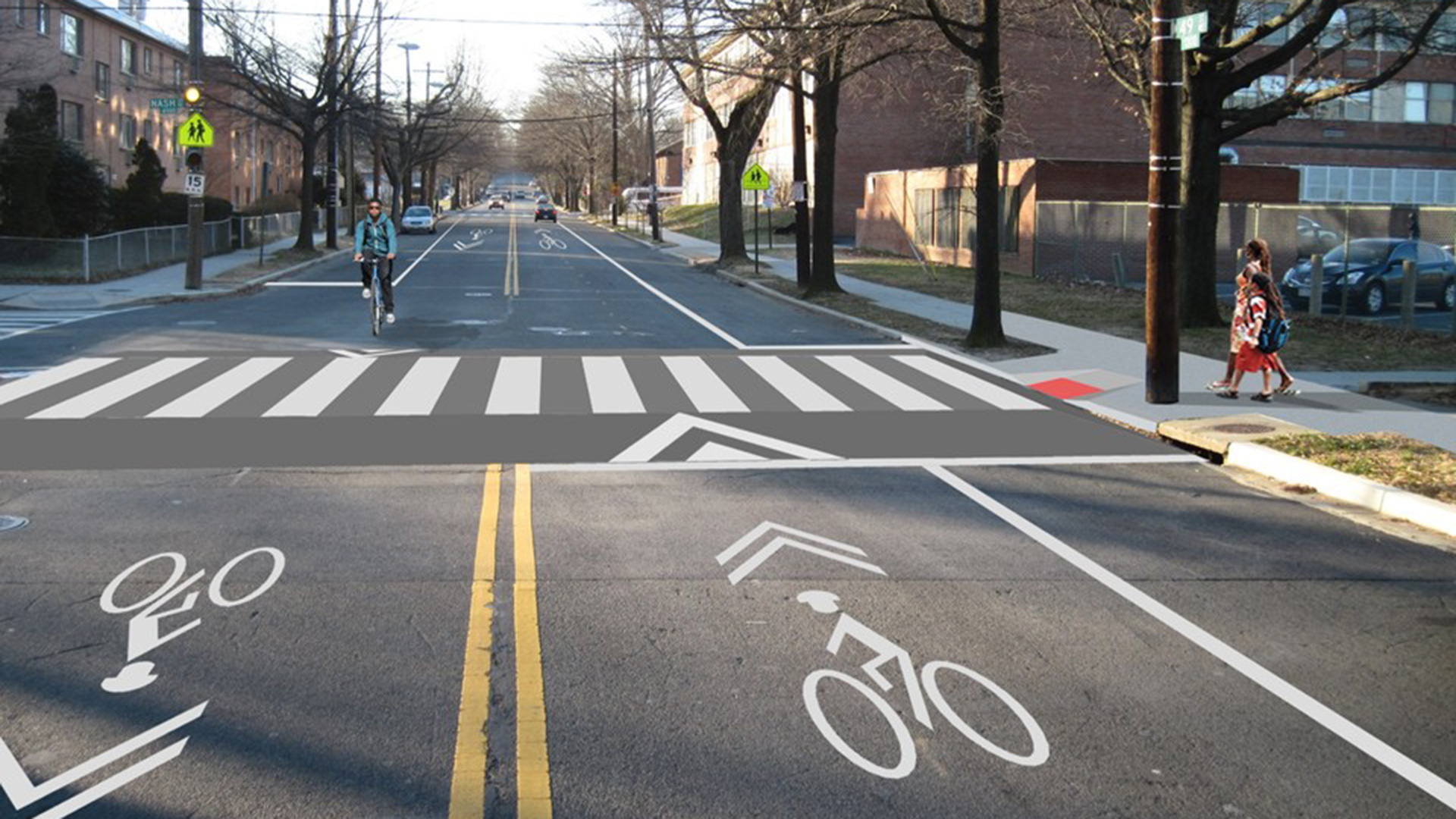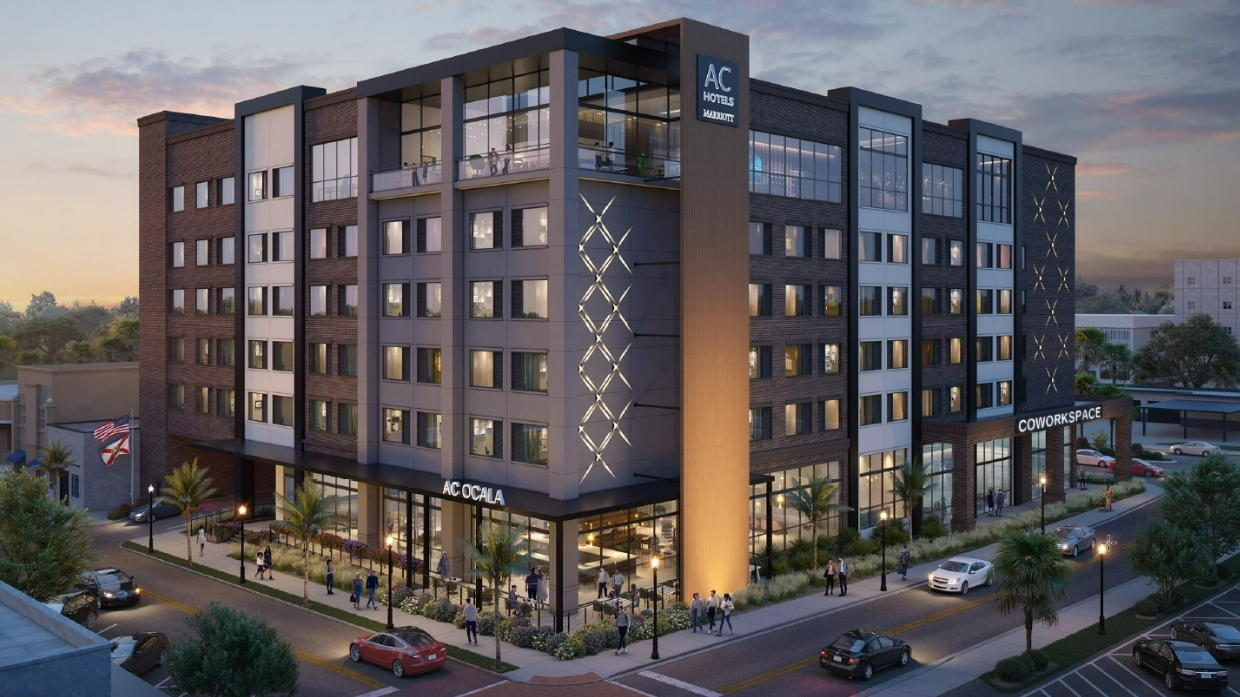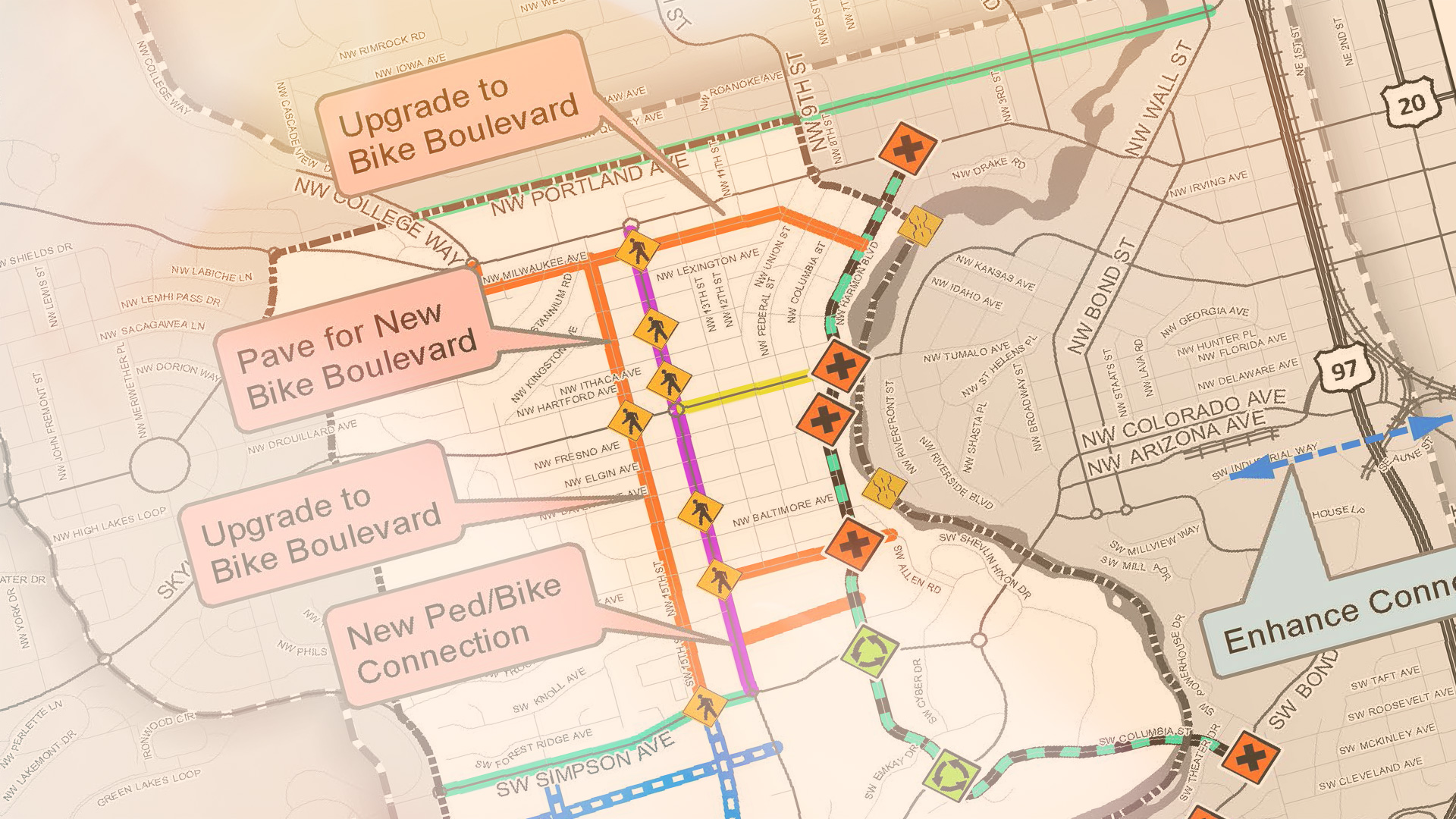Challenge
GoDurham operates a pulse transit system with 12 bus routes serving about 285,000 residents in Durham, North Carolina and about 21,000 riders per day. Each route serves the City’s main transit center in Downtown, and takes 15 to 30 minutes to complete. Due to the nature of this system design, many passengers need to take a second bus to reach their final destination. The City of Durham needed help updating the system to ensure on-time routes and prevent cascading delays for passengers connecting to their second bus.
Solution
Kittelson led a speed and reliability study for the City of Durham to identify slow and unreliable bus service and then designed implementable quick-build treatments to improve service. First the Team worked with the City of Durham, GoDurham, GoTriangle, and the North Carolina Department of Transportation (NCDOT) to develop a toolbox of transit priority treatments. These treatments included bus bulbouts, queue jumps, traffic signal adjustments, and minor geometric changes to enhance bus operational performance. We also completed an analysis of transit operations data for the entire GoDurham network to identify “hot spots” that experience slow speeds and unreliable service. Using the results of the analysis, roadways were systematically identified across the GoDurham network and appropriate toolbox treatments were applied to the most problematic hot spots.
The Outcome
Addressing Slow Bus Service With Quick-Build Solutions
This project positioned the City of Durham to implement simple changes to their transportation network that would generate substantial improvements to bus operations, allowing each bus to complete its route on time so that passengers can catch their connecting bus and not experience cascading delays.



